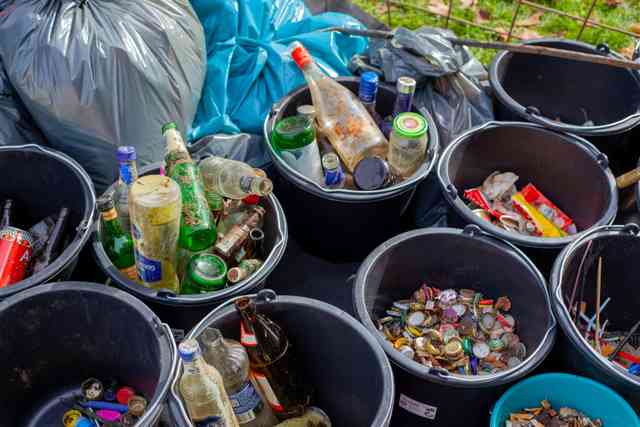
Challenge
Lack of Trust in City Council to Deliver Waste Management Improvements
Applied Ethics Strategies:
Finding Common LanguageIntroduction
In a mid-sized coastal city, efforts to overhaul waste management practices have stalled due to widespread public distrust of the city council. Past initiatives were criticized for favoring certain neighborhoods and failing to deliver promised benefits equitably. As a result, new proposals—even those designed with community input—are met with skepticism, and recycling rates remain stubbornly low. An NGO focused on environmental justice has been invited to help build bridges between the council and residents.
How could applied ethics address this challenge?
The NGO conducts listening sessions across different neighborhoods to understand residents’ lived experiences and values around stewardship and fairness. They then translate technical waste management goals into narratives that resonate with local values—for example, framing recycling initiatives as acts of community pride or ancestral responsibility. By honoring diverse expressions of shared values, the NGO fosters greater public understanding and cooperation, helping to rebuild trust and enabling waste reduction goals to move forward more equitably.
Questions to consider
How can NGOs improve attendance and participatory engagement in listening sessions?
How can technical policy goals be communicated in ways that align with local values?
What implementation challenges are you aware of where applied ethics strategies could help?
Submit a challenge
Sorry, your browser doesn’t supported our embedded forms. Please use this submission form instead.